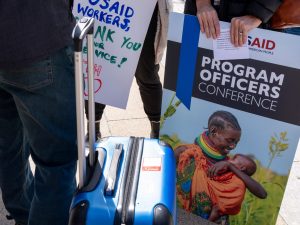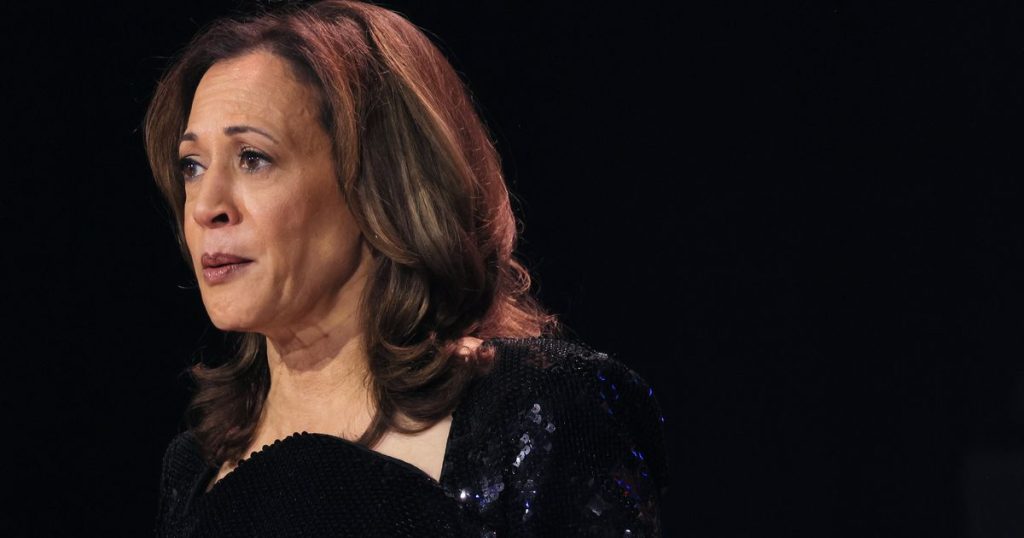Vice President Kamala Harris has claimed that former President Donald Trump is responsible for the deaths of women who were unable to access abortion care after the Roe v. Wave decision was overturned two years ago. Harris cited the case of Amber Nicole Thurman, a 28-year-old mother who died in 2022 after complications from a medication abortion. Thurman’s death was detailed in a report from ProPublica, which highlighted how women in Georgia faced obstacles in accessing legal abortions and timely medical care due to a six-week abortion ban in the state. Harris emphasized that Trump’s policies have led to women being denied basic medical care, facing complications, and even dying as a result.
Harris warned that women in over 20 states are affected by Trump’s Abortion Bans, which prevent doctors from providing essential medical care. She described instances where women were turned away from emergency rooms, left bleeding in parking lots, and even told they couldn’t make decisions about their own bodies. Harris pointed out that survivors of rape and incest are also being impacted by these restrictions. She emphasized the urgent need to address these issues and promised to sign a bill into law to restore reproductive freedom if elected. Harris accused Trump of being ready to sign a national abortion ban, which she argued would lead to a worsening of the current situation.
Trump has attempted to distance himself from his extreme anti-abortion stance in recent weeks, although he has not definitively stated whether he would veto a national abortion ban if elected. He has distanced himself from Project 2025, an extreme anti-abortion policy wishlist, and suggested that he won’t enforce the Comstock Act, an anti-obscenity law that abortion opponents want to use to criminalize sending abortion pills by mail. However, Harris and others remain skeptical of Trump’s intentions and warn of the potential consequences if he were to be re-elected and able to implement further restrictions on abortion access.
Monica Simpson, the executive director at SisterSong Women of Color Reproductive Justice Collective, highlighted the particular challenges faced by Black women seeking reproductive care in an anti-abortion America. She pointed to the high rates of maternal mortality and the disproportionate impact of abortion bans on Black women, emphasizing the historical attacks on bodily autonomy faced by this community. Simpson called for a unified effort to combat extremist politicians who oppose bodily autonomy and stressed the importance of Black women leading the fight for a more free future. The message is clear that there is a critical need to support and trust Black women in advocating for reproductive justice.
The story of Amber Nicole Thurman and the broader issue of abortion access and reproductive rights have become central in the current political landscape. Vice President Kamala Harris has used Thurman’s case to underscore the dangers faced by women in a post-Roe v. Wade era, where restrictions on abortion care are becoming increasingly prevalent. Harris has positioned herself as a defender of reproductive freedom and has pledged to work towards restoring these rights if elected. The debate around abortion and reproductive rights is intensifying as the 2024 election approaches, with both sides of the political spectrum emphasizing the importance of these issues in shaping the future of women’s healthcare in America.




